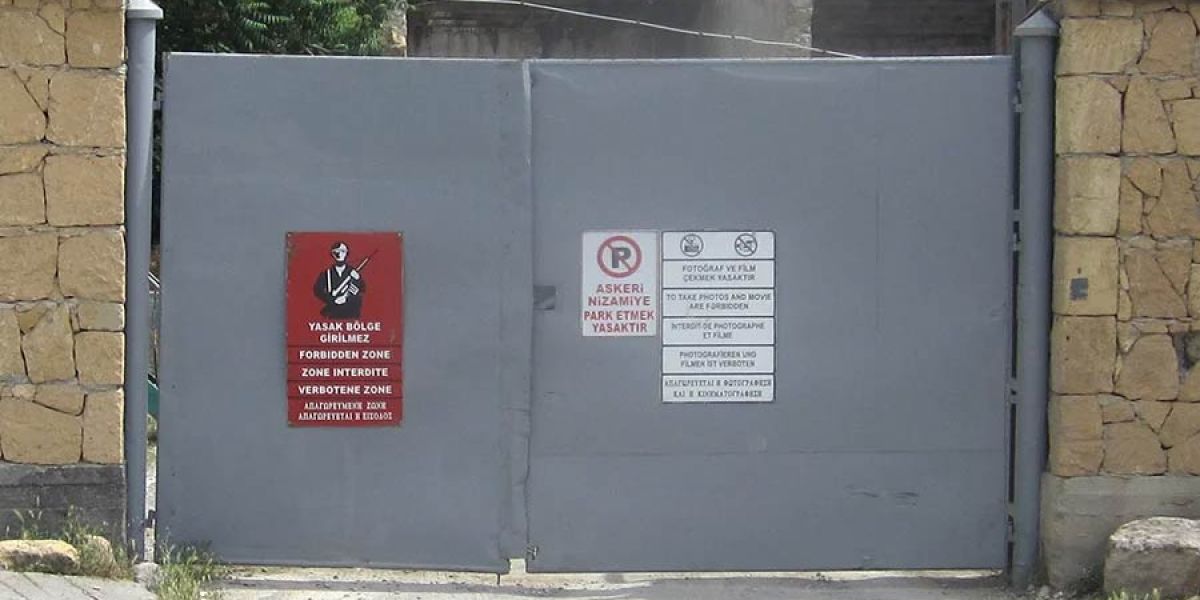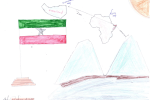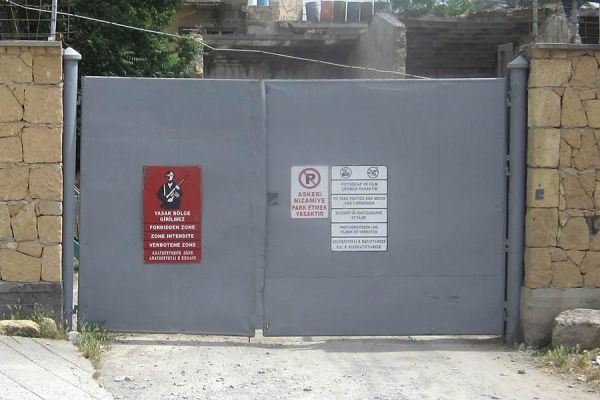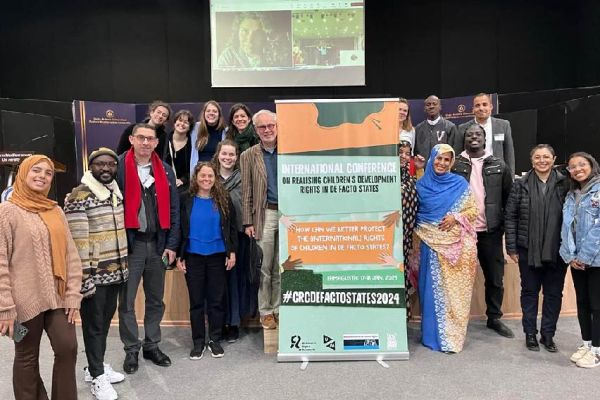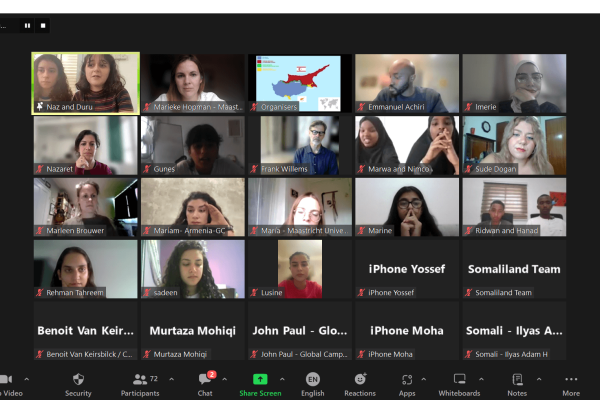Following the collapse of the Soviet Union, questions of nationality (i.e. legal status) became crucial since overnight Soviet nationality disappeared and was replaced by new citizenship regimes. While each, now newly independent, Soviet Socialist Republic adopted citizenship legislation, not all Soviet citizens gained access to a new citizenship due to political, social, and practical reasons. What complicated the issue further was the appearance of the de facto states of Abkhazia, South Ossetia, Transnistria, and Nagorno-Karabakh, which, despite non-recognition, established their own citizenship regimes. This blog post takes the case of Abkhazia and outlines rights issues, particularly affecting children and young adults, arising out of the non-recognition of the de facto state citizenship.
The most important issue relates to the limited international recognition of the citizenship conferred by de facto state authorities. Particularly before 2008, Abkhazia was internationally unrecognized, and thus by extension neither was its citizenship regime or passport. What this meant was that despite being able to enjoy rights flowing from citizenship (e.g. voting, owning property, access to education) within Abkhazia, citizens had limited options to freely travel, study, work or get healthcare abroad. Thus, due to the non-recognition of Abkhazian citizenship, individuals had to compensate for the lack of rights by accepting a citizenship from another state (i.e. in this case the citizenship of Russia). Acquisition of Russian citizenship became most prominent in the period 2002-2004, when over 60% of the population acquired citizenship, bringing the total proportion of Abkhazians with Russian citizenship to over 80%, and currently stands at around 90% (note that there are no official statistics on this).
While most of the population now had an effective and internationally-recognized nationality, the remaining Abkhazians without any other nationality continue to be in limbo. While no exact data exists, according to a local source at least 5000 Abkhazians do not have any other citizenship. The most affected are young adults and children, who continue to struggle with a lack of travel and education opportunities. This group is likely to continue to increase since children born to mono-citizen parents will lack access to any other nationality. The situation changed slightly with the limited international recognition of Abkhazia, starting with Russia in 2008. While this was considered a monumental step by Abkhazian authorities, Abkhazia to date has been only recognized by five UN members. Thus, once again without widespread recognition individuals’ access to the international system remains restricted. The issues of non-recognition also extend to the non-recognition of Abkhazian diplomas outside of Russia, because of which many young Abkhazians are constrained in their higher education options. Some dual citizen youth chose to study in Russia, and thereafter use that diploma to gain admittance to foreign universities, resulting in a brain drain from Abkhazia. This option however does not exist for mono-citizens since they can only travel to the handful of polities that recognize Abkhazia, and in practice the only higher education destination is Russia.
Another at-risk group are ethnic Georgians, many of whom do not have Abkhazian citizenship but continue to reside in the territory. One issue affecting ethnic-Georgian children (most of whom don’t have Abkhazian citizenship) relates to limited access to education in the Georgian language and engagement in cultural activities, resulting in some parents being forced to move their children to schools in the territory under Georgian control. Following graduation, many continue to study in Georgian universities, also resulting in a local brain drain. In addition, there is some evidence that in certain cases, ethnic-Georgians, particularly minors, are denied Abkhazian citizenship, thereby restricting their rights and opportunities within Abkhazia.
The above examples show that (geo)political issues associated with identity, citizenship and passports heavily affect the lives of ordinary residents, specifically children and young adults whose educational opportunities become restricted. It may be further argued that these hindrances negatively affect (even if not contravene) the education rights mentioned in Articles 28-29 of the Convention on the Rights of the Child. A potential solution might be to extend the EU’s engagement without recognition policy more directly to the area of education. For example, international actors could follow the example of the UK’s Chevening Scholarship, which list “South Caucasus” as an option. Furthermore, states that block access to Abkhazian students should realize that that providing access to education in their countries can foster people-to-people contact and become part of the broader public diplomacy strategy used to engage with youth from these isolated regions. Lastly, the rights of children and youth in post-Soviet de facto states, in general is underexplored, and scholars working on children’s rights are encouraged to also explore this region.
Ramesh Ganohariti is a PhD research at Dublin City University. His work with the Children’s Rights Research platform has been partially funded by the Young European Research Universities Network.
